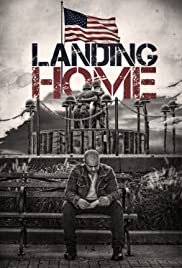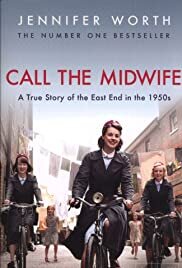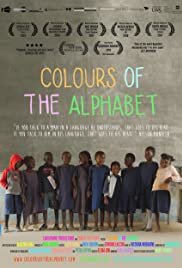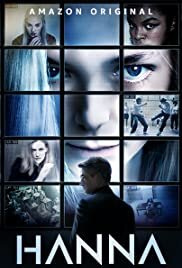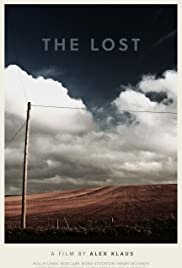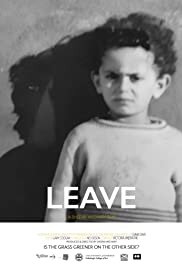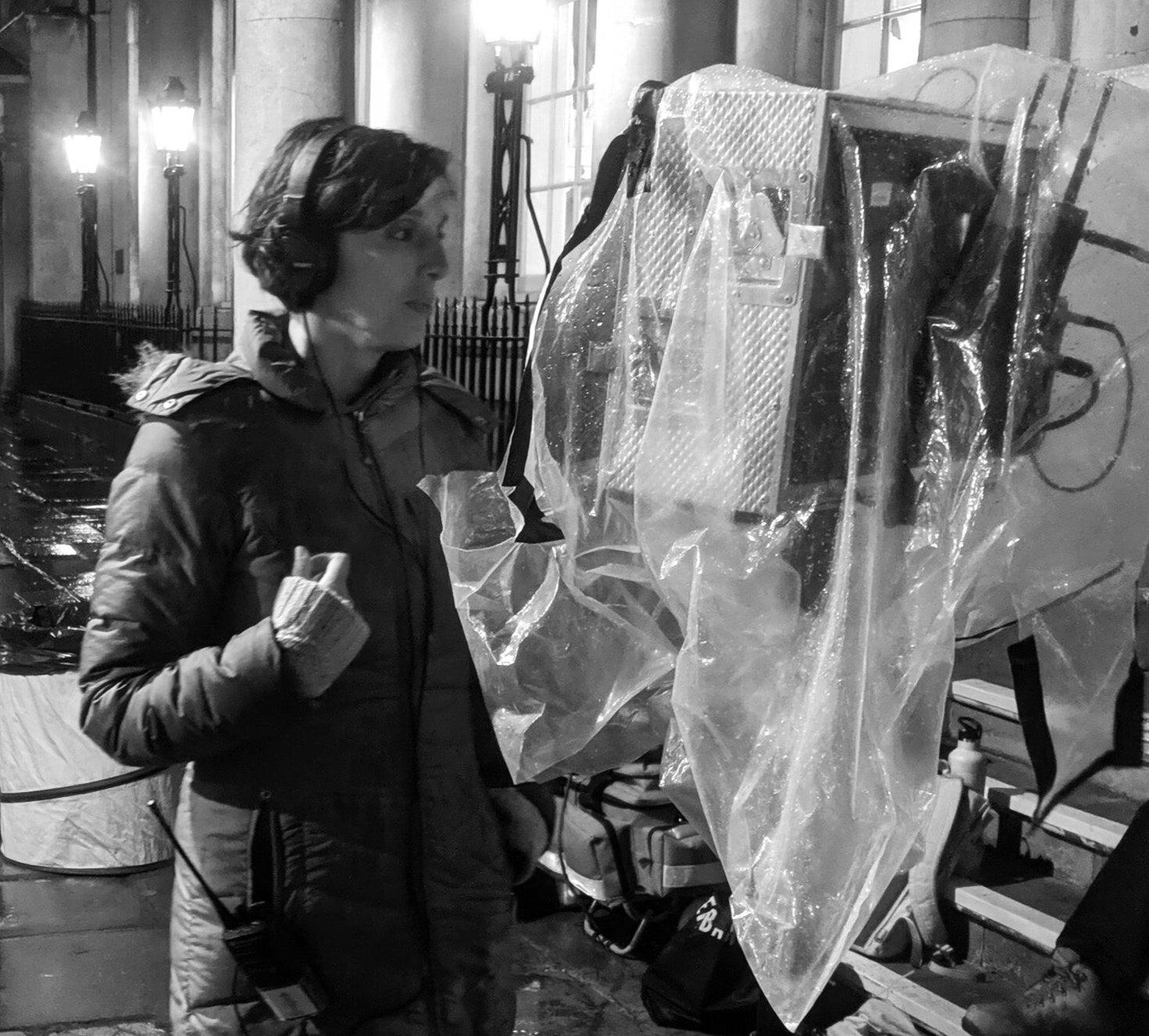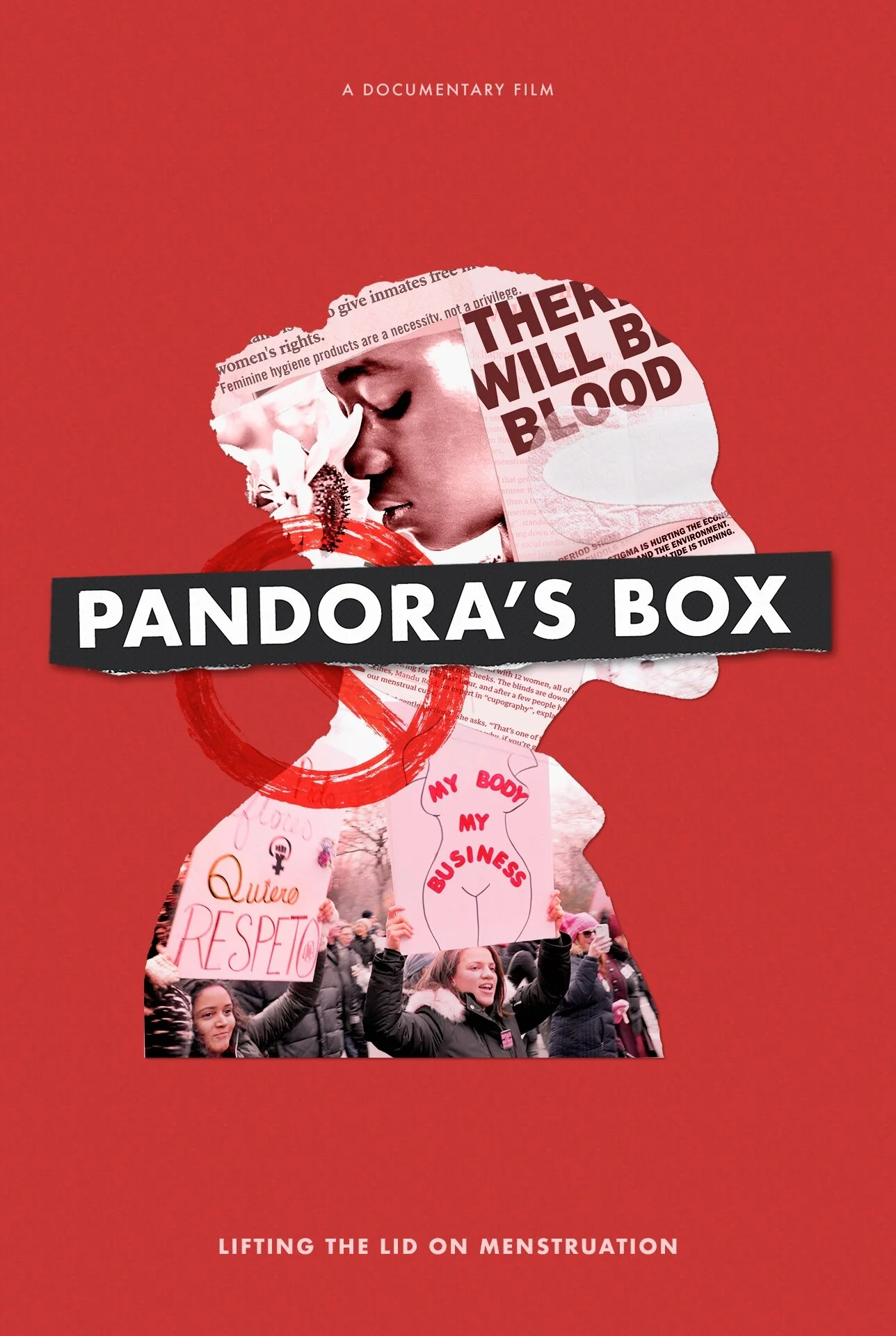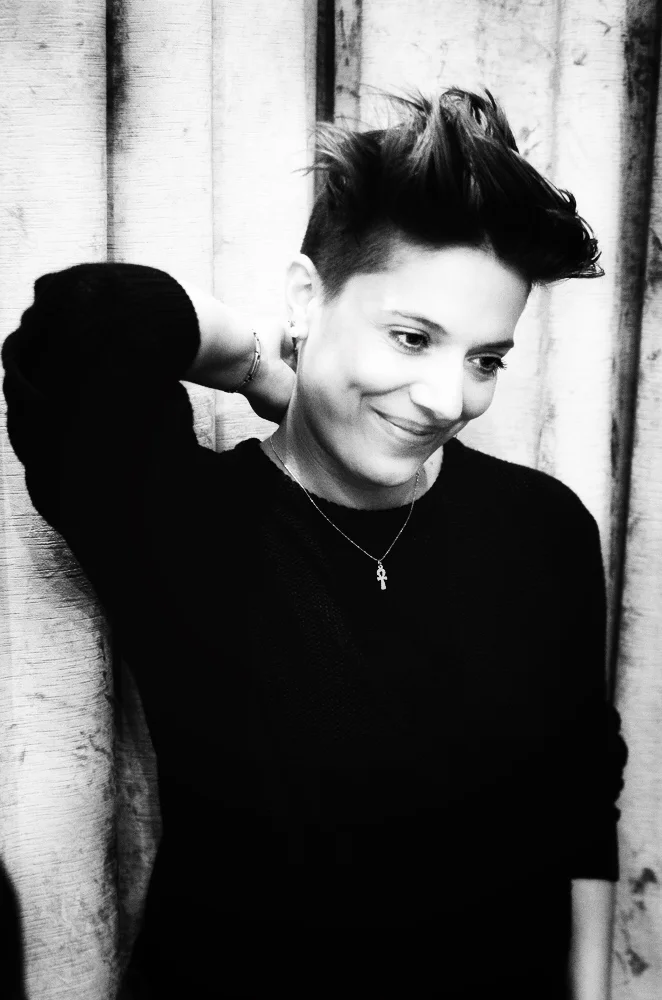An evening with Primetime Members and Alliance for Women Film Composers
Did you know that last year, 94% of Box Office films were scored by men? As one of the most underpresented departments within the Entertainment Industry, Primetime and Alliance for Women Film Composers, joined hands as they both wanted to do something proactive about that.
Female screen composers sit at the intersection of two industries – music and film - that have both been recognised as being male dominated. Visibility increases opportunities to work. Therefore, following the successful Primetime Pledges event for the Camera Department, back in February 2020 at the BSC Expo in London, Primetime took this opportunity to connect Directors & Composers so that as the Industry gets back up on its feet, post-lockdown, more female and underrepresented composers will be in the mix for work.
Jenna Fentimen (from The Alliance for Women Film Composers) told us how, "The AWFC launched it's UK branch in January this year, to establish a base of support and to raise awareness of womxn composers in the UK & Europe. With lockdown shortly following, we quickly adapted to the brave new world of virtual workshops, and with the support of the amazing team at Primetime, our first ever virtual networking event. Visibility of womxn composers is paramount to change; so continuing to raise awareness of under-represented talent had to continue in lockdown! When organisations pull together, our voices are louder, so I cannot overstate how thrilled we are to have the support and love we have been shown by Primetime Network and Cinegirl.”
Below you can find just some of the amazing and inspirational talent Cinegirl had the absolute pleasure to meet and feature.
Composers
Victoria Wijeratne
Originally from London, Victoria is a self taught composer for Film & TV. She specialises in high end film productions, combining her own unique experimental style with contemporary, minimal classical elements of film music scoring"
F: Being a Primetime Member is amazing, because ….
V: Being a primetime member is amazing because there is a strong inclusivity to the platform.
F: Do you have a composer you look up to?
V: I have a few composers I look up to, one definitely has to be Henryk Górecki
F: Has mentoring played a part in your career?
V: I haven't had the opportunity to be mentored, but would love so in the near future
F: How can we achieve inclusion for composers?
V: Each of us have a duty to call out unconscious biases whenever it occurs, and to demand inclusion from the top down across the industry, so that when it comes to post production and composers, there is more opportunity for people that are from a range of different backgrounds, and not just for the elitist few.
Raphaelle Thibaut
F: Hello.
R: Hi, I'm a French film composer and pianist based in NYC. I received a classical music education and started playing the piano at the age of 4. I became a full-time composer in 2015 after I quit my job in the Tech industry.
F: Being a Primetime Member is amazing, because ….
R: One of the greatest challenges for me has been to find real legitimacy as a female producer, probably because I didn't take a traditional route. Being a PT member allows me to connect with other female artists who have been/are going through the same- I believe it makes us stronger. I quickly became an Ambassador for PT because I deeply believe in what they do and love their value in taking concrete actions.
F: Do you have a composer you look up to?
R: I think there are so many film composers to look up to these days. Sadly, most of the ones I admire for their work are men. However, Hildur Guðnadóttir (composer of Joker’s score) is a woman I particularly look up to. Beyond her undeniable talent, she often advocates for change on that front. Her acceptance speech at the Oscars where she encouraged other female composers to let their voices be heard pushed me to work even harder.
F: Has mentoring played a part in your career?
R: This journey has been very solitary and it took me a while to dare and ask for some guidance. So I would say that so far, not really! But I've recently started to change that and am now in touch with fellow artists including well established ones and it’s incredibly valuable to witness them succeeding by working in many different ways.
F: How can we achieve inclusion for composers?
R: Have more opportunities to meet directors and producers in person. I think we are living in interesting times where more and more people acknowledge the importance of inclusion, or can't ignore it anymore. I believe - and hope - that any person who is suffering from under-representation will experience it as an opportunity to speak up and be proud.
Alexandra Hamilton-Ayres
F: A little bit of your background please…
A: I am film composer and classical electronic artist based in Bristol, represented by Manners McDade
F: Primetime Pledges are awesome, because …
A: Being a Primetime Member is amazing because it is giving women an industry platform to meet and everyone is super friendly.
F: Do you have a composer you look up to?
A: I look up to a lot of composers and artists. I find it inspiring to see the diverse routes and approaches everyone has.
F: Has mentoring played a part in your career,
A: I have just finished the Manners McDade mentoring programme with film composer Carly Paradis and it has been really rewarding.
F: How can we achieve inclusion for composers?
A: I think creating platforms for underrepresented people in industry to create opportunities to collaborate is really important for positive change.
Laura Rossi
F: Brief intro about yourself please.
L: I’m a composer based in London writing music for film & TV. I also write concert music and scores for silent films.
F: Being a Primetime Member is amazing, because ….
L: Primetime is brilliant because it is a way of connecting women working in film. There have been times when working on a film I’ve been in a room full of men, and you can feel a bit out of it if you are the only woman in the room, so it’s brilliant to have a way of connecting to other women working in the industry. They are a great supportive group of people and it’s brilliant to be part of that so we can support each other.
F: Do you have a composer you look up to?
L: A composer I look up to is Laura Karpman. When I was doing my masters in film music, we had to do a talk on a favourite soundtrack and I did mine on her score for Taken. I love that her music works brilliantly with the film but stands up as a great piece of music away from the film too. It was really inspiring for me, when we were only taught about all these many male composers, to find a fantastic score by a female (and who happened to also be called Laura!!)
I’ve had the pleasure of meeting Laura Karpman a few times since being an AMPAS member, as she is one of the governors. She is so brilliant and inspiring in this role too and has done so much for women in the film industry already.
F: Has mentoring played a part in your career?
L: I haven’t ever had a mentor but I can see how this could be a really helpful thing. A way of learning about the industry and getting advice and ideas on how to make this your career. No matter what stage you're at in your career, I find it really important to spend time with other creative people, so that you inspire each other. I have lots of creative friends, so I guess we at times mentor each other without realising it!
I often have composers email me asking for advice and I always reply to them and have met many for a coffee, as I remember how much I appreciated that when I was starting out, and I also remember how many people didn’t reply!
F: How can we achieve inclusion for composers?
L: I think if everyone in the industry had the experience of working with lots of different people from different backgrounds and realising how brilliant that can be, it would help that become normal. Having more female role models is also important. It’s already getting lots better and I know loads of brilliant female composers, so helping to get their names out there really helps!
Kezia Tomsett
Kezia Tomsett is a freelance film composer and performing artist. She began her career during her BA Music Hons. degree (Class 1, graduating July 2019) at The University of Leeds where she worked with WMP Studios, composing for companies such as Covergirl, Maille Mustard and Betty's. In January 2020, she co-curated the 10th Brudenell Piano Sessions, opening with her original song 'Guiding Light'. This song was released as part of Kezia's debut EP 'Glass Eyes' in April 2020. Kezia has since performed with film composer, Alexandra Hamilton-Ayres at Daylight Music, Union Chapel, singing their newly released new-classical track 'Reawaken'. Kezia is content editor for the UK's Alliance for Women Film Composers and a researcher in the field of women in film.
F: What do you love about Primetime?
K: What I love about Primetime is not only the community and visibility but moreover the heart behind it. The whole platform is lead by a vision of celebration of talent in a bid for equal representation, accepting that the lack of women on and behind screen is just not good enough. There is a real heart in this platform; a heart that unites, shares and uplifts the community. I am happy that I get to be a part of that.
F: Which Film Composer do you look up to?
K: I look up to film composer and performing artist Alexandra Hamilton-Ayres. After meeting her during research in my final year of university, I've learnt a lot from her openness and willingness to share her work and process. She is super talented in her music but also as a businesswoman which I find really inspiring.
F: Mentoring has certainly played a part in my career.
K: I wrote a dissertation in my final year of university about the structural barriers facing women in film. Through this, I became a part of the Women Composers' Forum (now merged into the Alliance for Women Film Composers) and became a part of a community with other women composers, all of whom were and are at different stages in their career. Everyone was very encouraging, supportive and welcoming.
I also recently took part in the Composer Coffee Break Mentorship programme with Michael Price and Manners McDade where my mentor, Alex Parsons, helped me establish myself as a businesswoman.
F: How can we achieve composer inclusivity?
K: By embracing difference, change and originality. By showcasing a diverse range of composers to change the engrained societal image of what a 'composer' looks like. Restructure the solidified image in society by normalising women and other minorities in music and infiltrating this into education.
Hollie Buhagiar
F: Brief intro about yourself please.
H: I’m a composer predominantly working across film and television with the occasional dalliance in the theatre and gaming industries. Originally from Gibraltar I’m currently based in London and have been working within the visual and sonic arts since the dawn of time. I'm a great fan of subverting the expectations of both tradition and experimentation within my music across all manner of style and genre.
F: Being a Primetime Member is amazing, because ….
H: Being a Primetime Member is amazing because it’s a wonderfully active community whose support and passion for women in film and TV has absolutely floored me!
F: Do you have a composer you look up to?
H: There are so many superb composers in the world, I would very much struggle to feel it just in naming only a couple. I would say though that music as a whole is an incredible source of inspiration to me and there are some magnificent artists out there that are constantly bending and broadening my mind and in the most beautifully unexpected of ways too, I hope to return the favour.
F: Has mentoring played a part in your career,
H: It has played quite a sizeable part in my career, I’ve been both a mentor and mentee and have really adored being on both sides of the experience.
F: How can we achieve inclusion for composers?
H: Society as a whole has the responsibility to consider how we might move forwards with inclusivity, across absolutely every industry and aspect of our lives really. I think considering this as we build our creative teams, our collaborators and the world we exist within is paramount.
“Creating new connections between departments is now more important than ever.”
During this time of pause, Primetime aims to connect those with hiring power to other women and underrepresented professionals on a personal level.
“Through the wonders of technology we were able to deliver almost 60 1-2-1 meetings between Directors and Composers around the world, matching them individually on their experience. This marks a game-changing step forward for bringing people together and levelling the playing field and we can’t wait to see what comes out of these new relationships.”
Directors
LAURA SCRIVANO
F: Brief intro about yourself please.
L: I'm an Italian-Australian filmmaker based in London. I work across film, commercials and high-end TV. My most recent project before lockdown was directing the second to two feature length episodes for ITV's new crime series McDonald and Dodds starring Tala Gouveia and BAFTA winner Jason Watkins. The episode aired in early March and is now available on BritBox UK, with a US release soon. I'm currently in development on my first feature, with Silver Salt Films and early development support from BFI Network.
F: Primetime Pledges are awesome, because …
L: They focus you on how you can be an agent of change for the industry, even if relatively early in your career.
F: How Important Is Diversity To You, And What Value Does It Bring? ...
L: It's essential to my way of working, and I think to the ecology of the industry as a whole. When I started out I didn't see people like me (female, working class, immigrant heritage) on set, much less in the director's chair, and frankly it's rare even now. For far too long the gatekeepers and creators have been cut from the same cloth. It's long overdue that we see filmmakers like Ava DuVernay and Michaela Coel receive the accolades they deserve - but it feels like the industry is only at the very beginning of a long road to undo unconscious bias and structural barriers across race, class, gender and sexuality. The value is both cultural and economic - a diversity of stories and experiences brings wider audiences. And not seeing yourself on Film and TV - the UK's number one form of information and entertainment - contributes to the structural racism we are finally seeing talked about. Existing in an industry that tells one type of story to one type of audience is no longer an option.
F: What Are You Doing To Make Sure Everyone Feels Included?
L: I think like a lot of white and white-passing filmmakers at the moment, I'm doing a lot of listening and a lot of learning - especially when black filmmakers and crew are saying that they don't feel welcome in certain spaces, groups or careers. I've always felt the best work is made when, as a director, you create a safe-space for all collaborators - however I think the creation of that space is deeply undermined if it's not diverse, or only token in it's representation. One thing I'm trying to do is to advocate for more diverse hiring, whenever I have the power to do so. You don't include people and improve diversity by constantly sending them on training schemes - you do it by hiring the talent that is so clearly out there.
F: Getting the opportunity to work on high-budget projects is not easy and having representation can obviously help gaining that higher end work. What are your thoughts on this? What comes first?
L: For me representation definitely came first and my agent has been amazing in terms of getting me in the room for high end work. However, my first break in TV came from a fellow female director, who very generously allowed me to shadow her and pushed to get me directing second unit on Hanna for Amazon. We had originally met through Raising Films' Making it Possible scheme and that experience really taught me the power of networking and making connections. So while I think representation is very important, it often goes hand in hand with other kinds of industry initiatives like Primetime Pledges.
Christiana Ebohon-Green
Christiana is an award-winning, NFTS trained drama director and have been selected for the BAFTA Elevate 2017 initiative to further female directors on to high end television and features. She was a mentee on Women in Film & Television's 2015 mentoring scheme. Her aim is to tell challenging stories, achieve nuanced performances and share her vision. She is a member of BAFTA, Directors UK, WFTV and Cinesisters. She has served as a juror on several BAFTA juries.
Over the last eighteen years she has directed Grantchester, The Mallorca Files, Soon Gone: Windrush Chronicles, Call the Midwife, Father Brown, Holby City, Doctors, EastEnders, Hollyoaks and Emmerdale. Having built up such a strong body of experience, she is now focussed on high end drama, as well as feature films.
She has also directed a number of short films, including a Creative England supported short, Some Sweet Oblivious Antidote starring Sir Lenny Henry, Wunmi Mosaku, Colin Salmon, and Fatima Koroma. Some Sweet Oblivious Antidote was Long listed for the 2018 BAFTA Awards. It won Best in the Festival at Triforce 2018 and Earl’s Court Film Festival. She also directed Bleeder and Film London Calling Plus short called, Support.
F: Primetime Pledges are awesome, because …
C: Primetime pledges are simple, focused, achievable aims. They mean what they say, because all of their focus is on these admirable pledges. They remind professionals and those hiring, of the importance of diversity and unconscious bias. It makes everyone mindful of the need to change the way collaborators are sourced.
F: How Important Is Diversity To You, And What Value Does It Bring?
C: Diversity is hugely important to me. As a female, BAME director the lack of diversity has made my journey in the Industry much more difficult. It is vital that this is changed, so that it is fairer for all and that untold voices are heard.
F: What Are You Doing To Make Sure Everyone Feels Included?
C: I am sharing my experiences of the Industry, by speaking up to help highlight exclusion and what it’s like to be excluded. I’m also doing interviews and considering other things that might help. These simple steps will hopefully help to lead to change for others facing exclusion in the Industry.
F: Getting the opportunity to work on high-budget projects is not easy and having representation can obviously help gaining that higher end work.
What are your thoughts on this? What comes first?
C: High end projects can be fantastic and allow to creatively rewarding work, but opportunities are limited. It definitely helps to have representation at this stage in your career, to help you get through the door and stay in the room.
Andy de Emmony
F: Brief intro about yourself please.
A: I’m a director working across film and television, keeping a foot in both comedy and drama.
F: Primetime Pledges are awesome because…
A: Primetime Pledges are awesome because we need our industry to reflect the diverse wider population of our audiences.
F: How Important Is Diversity To You, And What Value Does It Bring?
A: Diversity is very important to me both politically and personally. We need to understand lives from all perspectives and this should be reflected in our personnel at all levels of the industry.
F: What Are You Doing To Make Sure Everyone Feels Included?
A: I mentor several younger female directors and I try to crew up and cast as diversely as possible.
F: Getting the opportunity to work on high-budget projects is not easy and having representation can obviously help gaining that higher end work. What are your thoughts on this? What comes first?
A: I think agents are a large component as they can put your work in front of key people at the right time, although personal relationships and your work itself are also major factors.
#NoMoreExcuses
For anyone who is asking the question, "Where are all the female composers?" here's a list of brilliant women who attended the event. Hire them!
Natalie Holt
Sarah Warne




